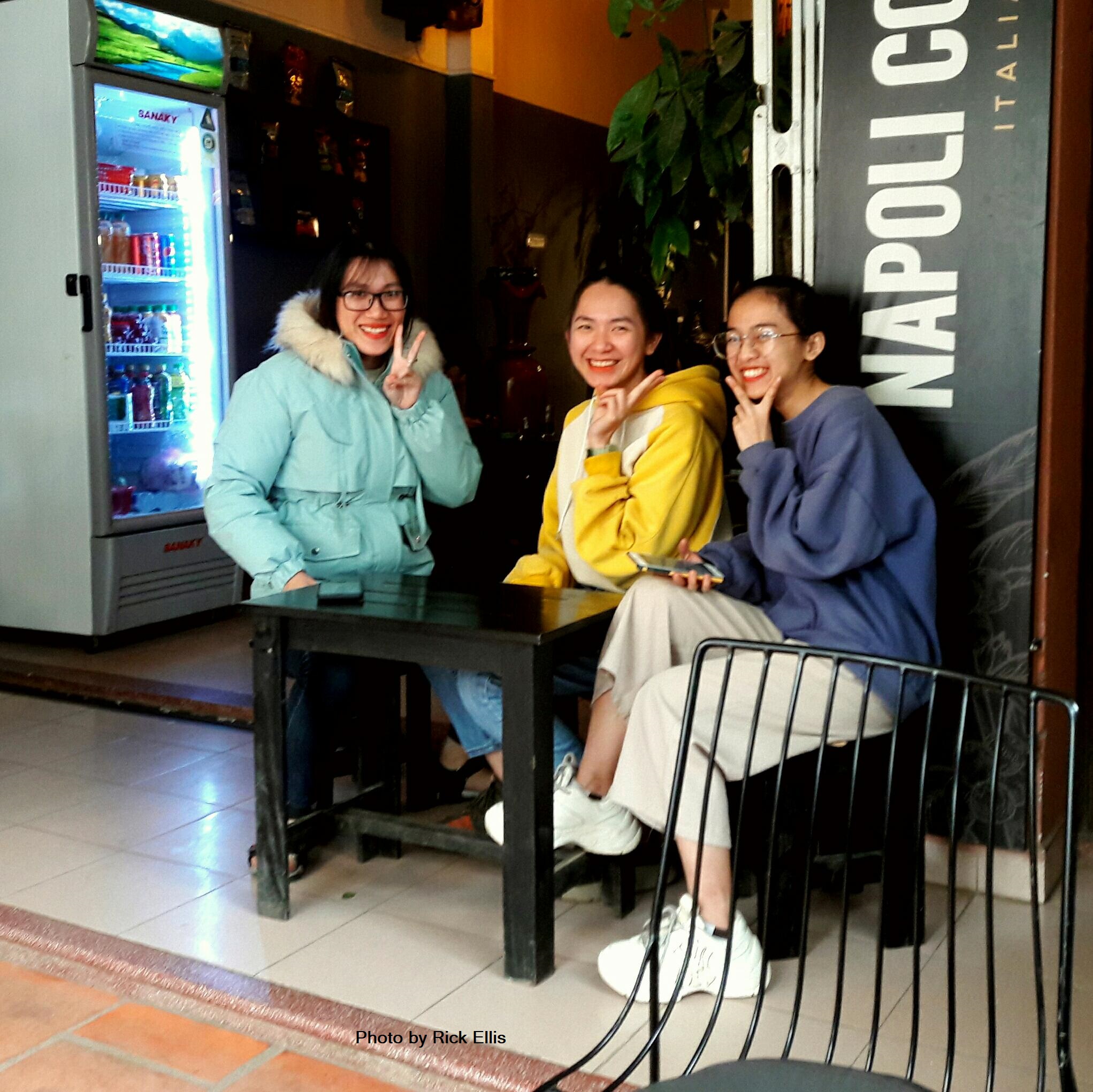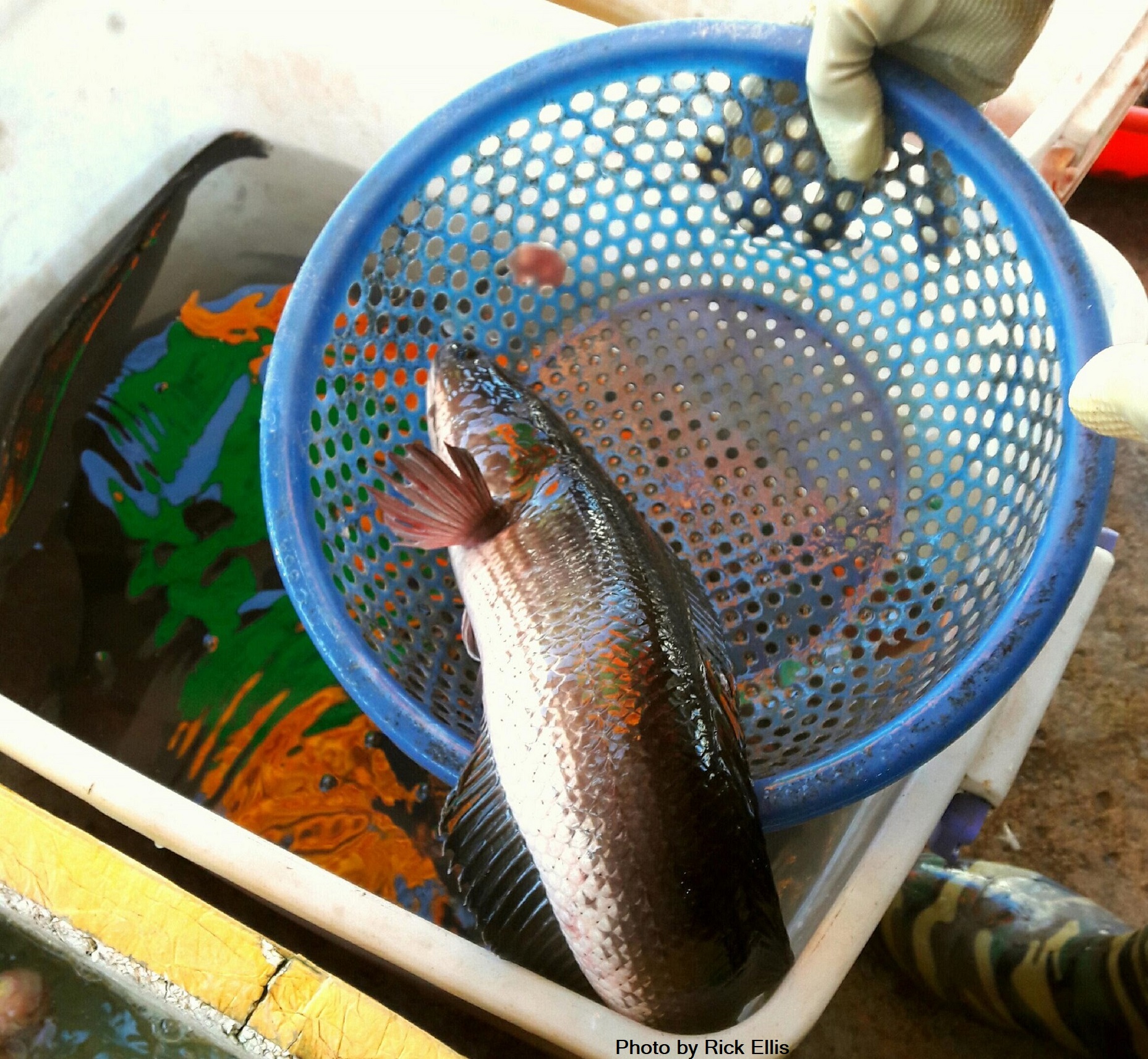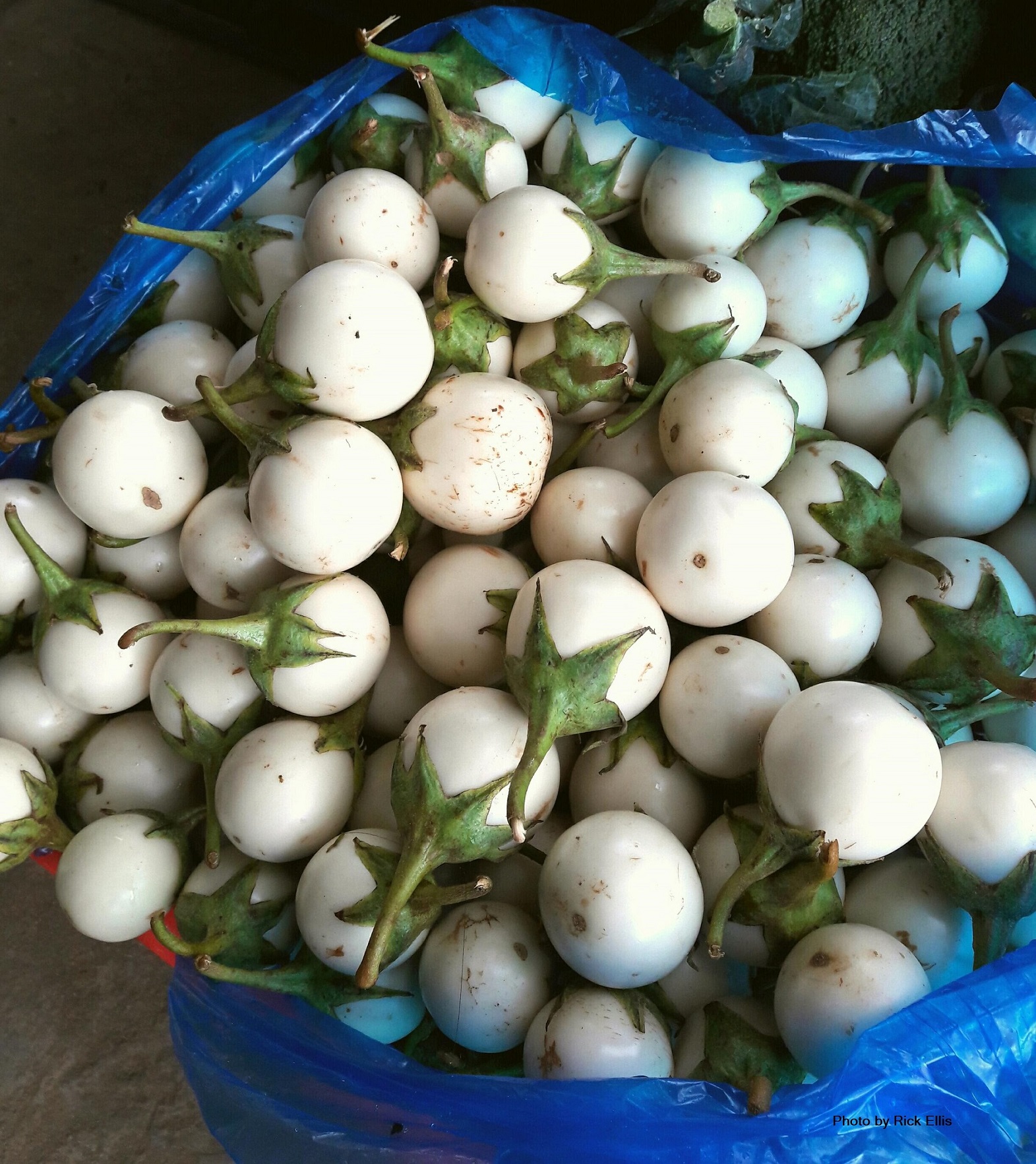It’s time to fess up: after several years of living in Vietnam, my Vietnamese language skills remain a disaster. It’s a veritable train wreck, there’s no getting around it.
I have excuses which I replay in my mind in an effort to dull the pain of defeat, most of which are pretty lame. Vietnamese is a tough language for most foreigners to grasp, with endless pronunciation quirks representing the biggest obstacle between us and success. Fair enough, we all know that.
Every Tom, Dick, and Harry wants to practice their English with us, so we, as guests, should indulge them, even at the expense of our own progress. That approach conveniently twists a feeble excuse for tires spinning in mud into a benevolent gesture, so that we feel we are making a contribution to the community when the truth is it’s laziness on the part of us foreigners.
Those damn accents are the crux of the problem, and the cause for much despair, and there are lots of them – rising, falling, short, long, flat, bim, bam, bop, humpty, dumpty, and probably a few I’m forgetting.
As if that’s not enough, sometimes the accents are stacked up on top of letters, while others appear underneath – a circle, a French-style circumflex hat thingy, a teeny-weeny dot, and a rising or falling symbol. The speaker needs to decipher them together with all the corresponding letters, then amalgamate the entire mess, and spit it all out masterfully in one fell swoop.
Some words demand complementing facial movements and gesticulations, which are as critical to the word as the letters and accents, such that without those gyrations a listener won’t have the faintest idea what we’re on about.
All that is great theory, very logical, so now let’s put ourselves in a day-to-day scenario in the local market. Check out this linguistic work of art: ‘cá lóc’ (snakehead fish), a freshwater beauty commonly used in Vietnamese soups and hotpots.
|
|
| A snakehead fish – ‘cá lóc’ |
‘Cá’ is the generic term for fish – pretty straightforward if pronounced with a rising tone. (If it’s so simple, why do I screw it up so often? It’s only two damn letters.)
I try various versions of it with moderate success, then finally in desperation making a swerving, twisting motion with my hand to mimic a fish wriggling through water, which works just fine.
The real challenge comes with ‘lóc’ because we must billow out our cheeks ever so slightly for a brief moment or the word will be incomplete and unintelligible, just as if letters were absent. I’ve tested it ad nauseam and am thrilled to report that at least this one mystery has been resolved:
Me: “Ca”
Poor Vietnamese victim trying to understand: (blank stare)
Me: “Ca”
Victim: “Cá? Cà?”
Me: “CA!!” (thinking if I say it louder it will be easier to understand, but in fact it just intimidates the victim, ultimately hindering communication)
Victim: “Tên ngốc này đang muốn nói gì vậy?” which loosely translates to “What is this idiot trying to say?”
Me: “Cà” (with a falling tone) which when uttered alone defaults to “cà pháo,” that funny little oft-pickled round, white member of the eggplant family, which has absolutely sod all to do with the fish at hand.
Me: “Cá lóc” (without billowing my cheeks)
Victim: (blank stare)
Me: “Cá lóc’ (billowing cheeks)
Victim: “Cá lóc!” followed by a huge grin as light suddenly goes on…
|
|
| ‘Cà pháo’ white eggplants |
The cheek billowing business also includes names, such as ‘Ngọc’ (which means jade or a precious stone) and ‘Lộc’ (a plant bud, also symbolizing fortune or wealth).
When researching this piece, I found a 56-second instructional video about how to pronounce the Vietnamese name ‘Ngoc.’ No joke, it’s out there.
In an effort to repair my damaged ego, I watch it again and again doubled over laughing at some of the attempts to say it. One university official at a graduation ceremony (of all places to muff up a name!) actually said ‘En-gok’ when congratulating a student named Ngoc.
En-gok!
After years of toiling away, studying your arse off in a foreign language, that’s what they call you? The Vietnamese student never blinked, took his diploma with gratitude and carried on, where many of us would have kicked the presenter in the shins.
Thinking of that clip lifts my spirits even during the darkest hours of Vietnamese linguistic hell.
Language limitations have never presented an obstacle to forging friendship with locals in Vietnam, a true testament to the welcoming spirit of the Vietnamese. Some of my dearest friendships are with people who can’t understand a word I’m saying and vice versa, so we’ve found ways to understand each other through our movements, demeanour, sleight of hand tricks, pantomime, sketching in the dirt, and dancing little jigs.
Props help too, so I carry fruit around with me in case the situation gets dicey.
Here is an excerpt from a real-life conversation between myself and the lady that sells vegetables and fruit up the street:
Me: “Xin chao!”
Lady hears: “Xin chao!”
Me: “Tôi hy vọng bạn tận hưởng một ngày!” (I hope you enjoy the day!)
Lady hears: “Tôi chúc bạn một ngày kinh hoàng.” (I wish you a horrid day.)
Then I hand her a tangerine, a peace offering in the event I insulted her, which I sensed I had.
Me: “Tôi hy vọng điều này làm cho bạn bị ốm!” (I hope this makes you ill!)
Lady laughs uncontrollably: “Bạn hoàn toàn mất trí.” (You are surely insane)
Staying with a commercial theme, I’ve realized a healthy dialogue really takes two to tango. Some people squint and make an effort to understand, others look at me as if I’m from a faraway planet, and the odd person grasps the message of my rant immediately.
The elderly lady in the local market definitely gets it, but that’s mostly thanks to her intuitive skills and ability to anticipate. She knows that nine times out of 10 I forget something critical to the success of my recipe and will return to fetch it, and, I suspect, often knows what I’m going to request before I do so.
I’ll say ‘quen hung que’ (forget basil) and she hands over that treasured herb without further ado. No blank stares, she has a mind like a trap, maybe even knows which dish I’m trying to make (unlikely since I make them up as I go). She also gives me a humble, foreigner-sized portion of chili peppers instead of the enormous clump locals get, tosses in coriander and spring onions knowing they’ll come in handy, often saving me another trip.
Let’s move over to Daytime Headquarters for another glittering example of what us students are up against. I always drink the same black coffee at HQ and the entire staff know it. The confusion starts based on the weather and how far I’ve walked – I sometimes drink hot tea on the side, sometimes cold.
‘Nóng’ is hot – I have it down more or less, so people know what I mean.
The issue is with ‘đá,’ meaning ice, rock, icicle, or ice cube. The word is only two bloody letters, what could possibly go wrong?
I started off by using all possible pronunciations of the word which include ‘đã’ (means ‘is already/was’ and ‘right away’), ‘da’ (skin), ‘da’ (leather), ‘da’ (cloth), and đá (ice), which is what I was trying to say in the first place.
|
|
| Suppressing hysteria over my pronunciation |
The staff try to stifle their giggles, or pretend they’re laughing at something else, but I know exactly what they’re up to, and I can’t blame them in the least.
Stubborn as always, I keep flailing away like a blindfolded kid trying to hit a pinata at a party. I’ve noted greater success with ‘đá’ if I say it with a screech and a little scream, like a crow, as if I was angry or being bitten by a snake.
Despite all these challenges, sooner or later I will speak passable Vietnamese, simply because I can’t avoid success forever. The fact is if enough monkeys tapped on enough typewriters for long enough, they would spit out the entire works of William Shakespeare.
There is a faint glimmer of hope - after all, even an old, blind squirrel finds a nut sometimes.






















































